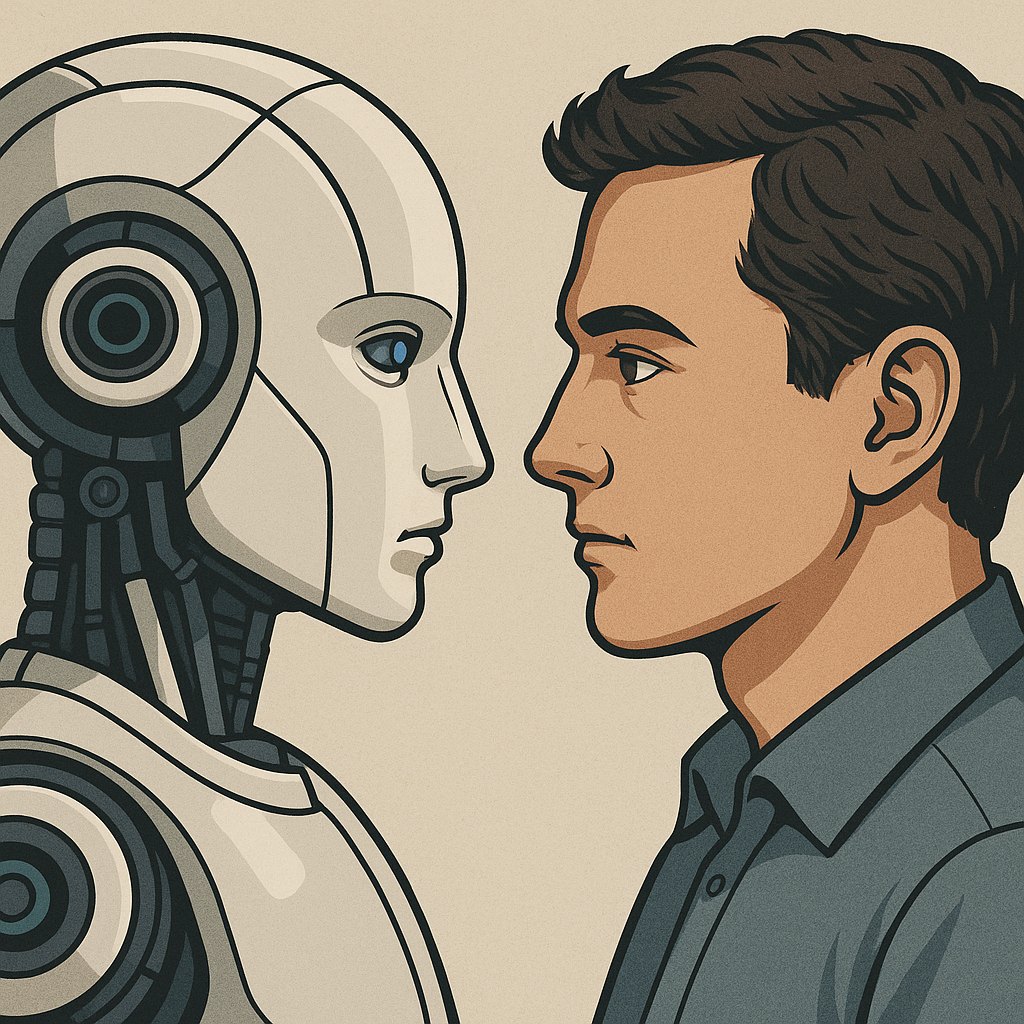The Advantages of Artificial Intelligence

In recent years, artificial intelligence (AI) has become one of the most transformative technologies in the modern world. From everyday conveniences to groundbreaking innovations, AI is reshaping how individuals, industries, and societies function. Its ability to mimic certain aspects of human intelligence while processing vast amounts of data at incredible speeds makes it a powerful tool with wide-ranging advantages.
One of the most significant benefits of AI is its ability to automate tasks and improve overall efficiency. In various industries, AI systems take over repetitive and time-consuming jobs, such as data entry, inventory management, and customer service. For example, chatbots powered by AI can handle thousands of customer queries simultaneously and around the clock, freeing up human employees to focus on more complex tasks. This automation leads to faster service, fewer errors, and reduced operational costs.
Another key advantage of AI lies in its capacity for data analysis and decision-making. AI algorithms can process enormous datasets quickly and extract meaningful patterns and trends that might go unnoticed by humans. In fields such as finance, marketing, and healthcare, this ability enables better forecasting, targeted advertising, and more accurate medical diagnoses. For instance, AI-assisted systems can detect early signs of diseases like cancer by analyzing medical images with impressive precision, often surpassing human accuracy.
Furthermore, AI provides continuous availability. Unlike human workers, AI systems do not require rest, breaks, or sleep. This makes them ideal for functions that demand constant monitoring or real-time response, such as cybersecurity, automated trading systems, or emergency alert mechanisms. The round-the-clock nature of AI contributes to improved reliability and service delivery across multiple sectors.
AI also offers great promise in terms of personalization and user experience. Many online platforms use AI to tailor content, product recommendations, or advertisements based on user behavior. Streaming services like Netflix and e-commerce platforms like Amazon utilize AI to understand individual preferences and deliver more relevant suggestions. This not only enhances customer satisfaction but also drives engagement and sales.
In addition to practical applications, AI fosters innovation and creativity. Modern AI systems are capable of generating music, art, and literature, pushing the boundaries of what machines can achieve. In design, architecture, and even journalism, AI serves as a collaborative partner, helping professionals experiment with new ideas and streamline creative processes.
Finally, AI plays a vital role in reducing human risk in dangerous environments. In industries such as mining, deep-sea exploration, and space research, AI-powered robots and machines perform tasks that would be hazardous for humans. In cybersecurity and law enforcement, AI tools help identify threats or illegal activities, contributing to public safety.
In conclusion, the advantages of artificial intelligence are both diverse and profound. From improving efficiency and accuracy to enabling personalization and protecting human lives, AI is reshaping the world in unprecedented ways. While it also presents challenges that must be addressed, the positive impact of AI is undeniable — and its full potential is only beginning to be realized.